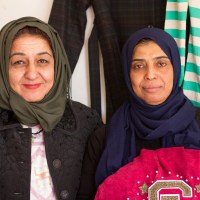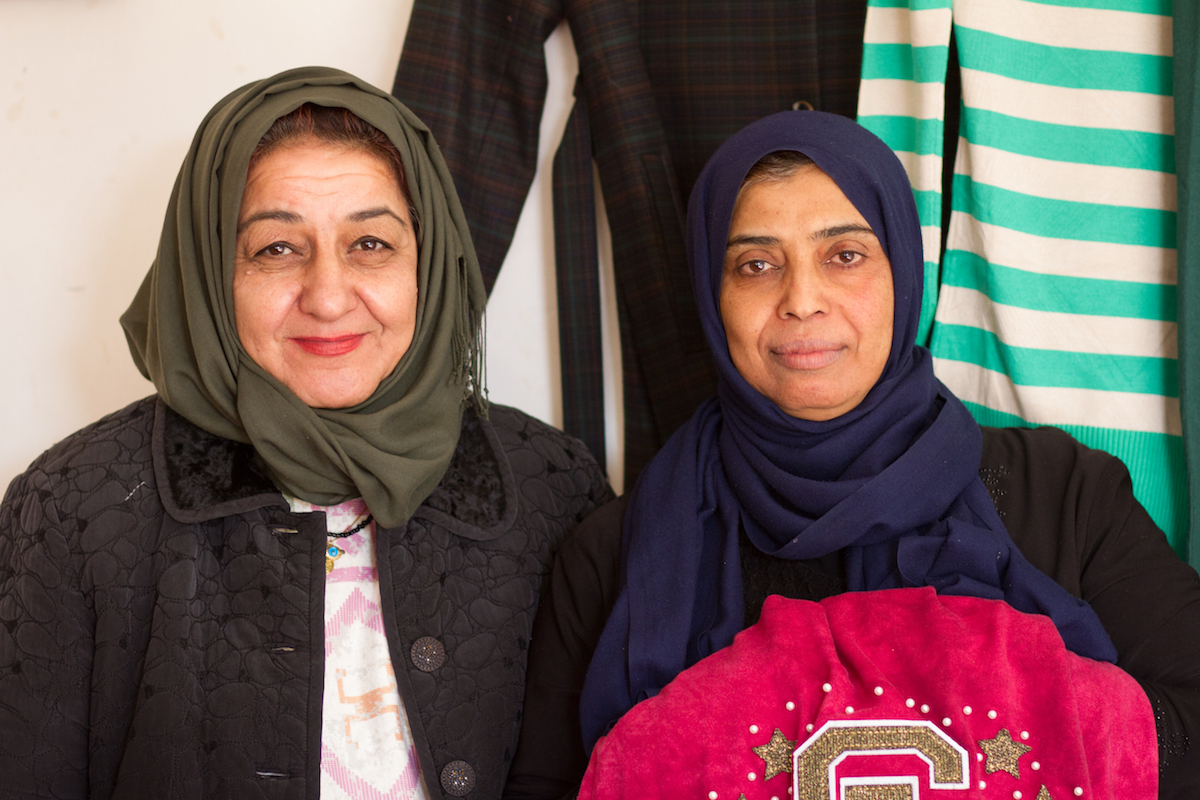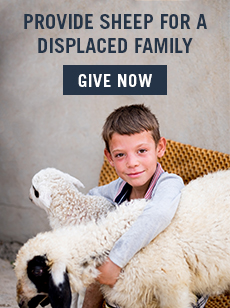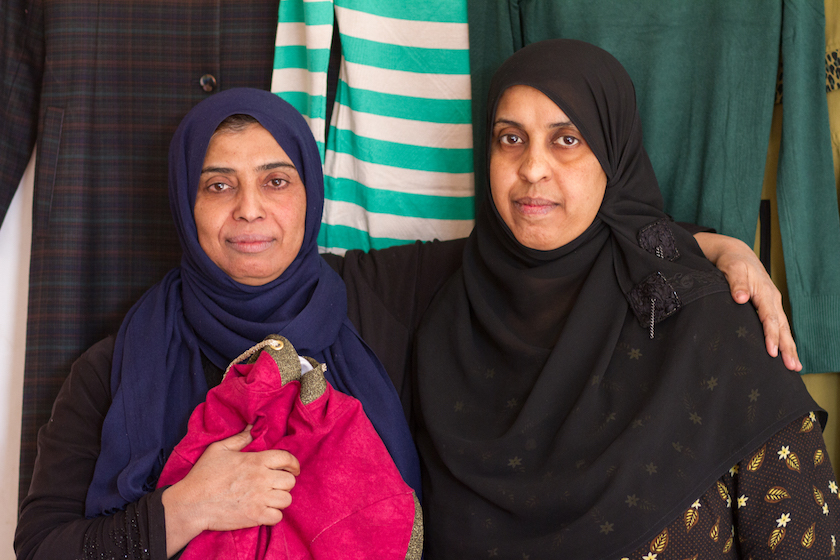
Sunlight shines in through the front door, projecting a brilliant shaft across the floor and far wall. We sit together drinking sugary tea, at least five conversations happening at the same time. There is a lightness and warmth here—a palpable sense of satisfaction and accomplishment.
Fadeela and Madeeha were our first two business grant recipients, pioneers of our empowerment project two years ago. It is a joy to visit them again. So much has changed in that time, but it took the full two years to get to a place of real stability.

Fadeela tells us that when things were darkest, before they started their businesses, they worked hard every day and were able to buy just two eggs a day—just two eggs to split between two sisters and the five orphans they are raising.
“Sometimes I didn’t eat. I just let my children eat, and I said ‘No, no…I’m full’ or ‘I can’t eat’ or something, just because there was nothing to eat.”
The seven of them shared a tiny, single room back then.
“Our life was a tragedy,” Fadeela said simply.
Once they had a good life, with everything they needed. American bombs took much of that away at the beginning of the U.S. occupation of Iraq. Their mother was killed. Madeela lost her right arm. And war took Fadeela’s husband.
Some time later, ISIS took the rest—their home, farm, and livelihood.
Their small business grants—for Fadeela to start a bakery and Madeeha to expand her vegetable stand—weren’t silver bullets. They didn’t change everything overnight. But they gave these women the ability to breathe, to climb out of their crushing everyday existence, and to finally have some options.
Immediately, the family was able to eat every day—all of them.
Madeeha, with the the earnings from her expanded produce stand, was able to move her business to a better location in the city and grow her profits.
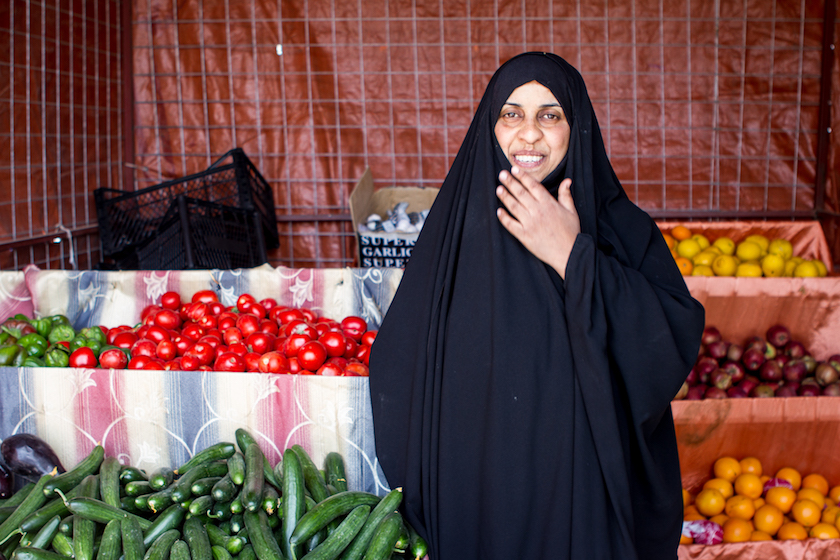
Fadeela, with the profits from making bread, diversified her income stream. She did some online research and taught herself how to make pickles. She used that knowledge to develop her own pickle recipe using local beets, turnips and date vinegar.
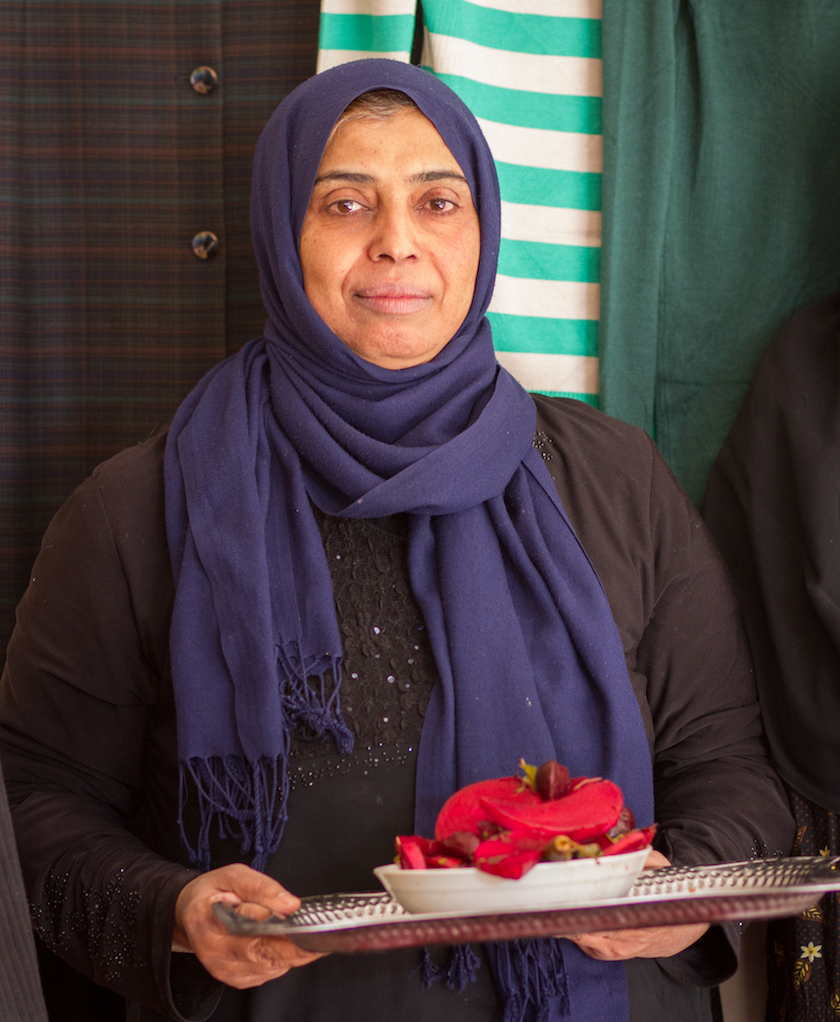
Today she sells her delicious pickles to restaurants and wedding halls. Fadeela also invests in clothing and blankets bought at the local bazaar and resells them to neighbors from her home. Her four streams of income ensure that she always has customers, regardless of the season.
Fadeela and Madeeha have moved to a better, larger house with electricity, water and a TV, as Fadeela proudly pointed out.
When we ask to hear their plans for the future, there is no hesitation: seeing the children through school, buying a house of their own, and making the pilgrimage to Mecca.
Looking at their lives two years ago, it would have been easy to overlook these women as candidates for a small business program. But none of us were looking for a quick, tidy story—not these women and not us. We all wanted to see past short-term solutions, and walk with them as they rebuilt sustainable lives.
Empowerment looks like Fadeela and Madeeha, and sometimes it tastes like vegetables, fresh bread, and pickles.
Help empower hundreds more war-affected families in 2017. Give today.

